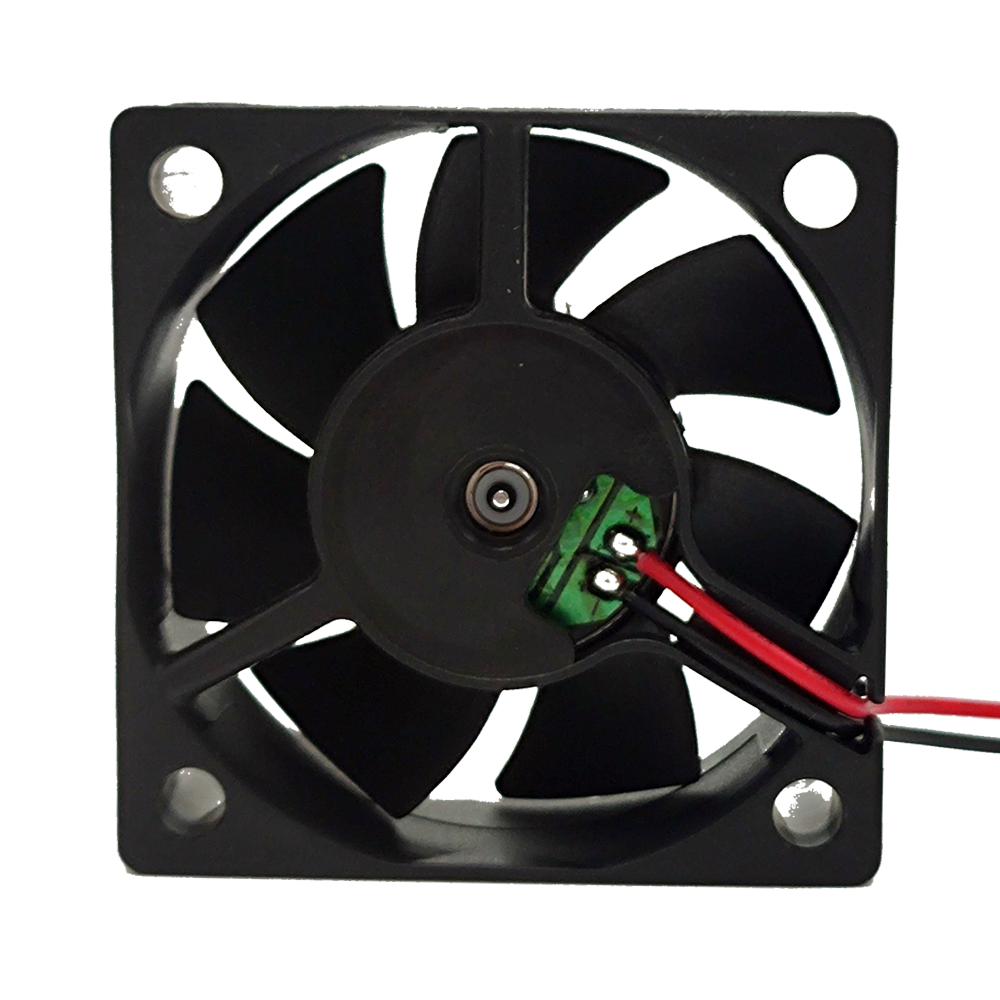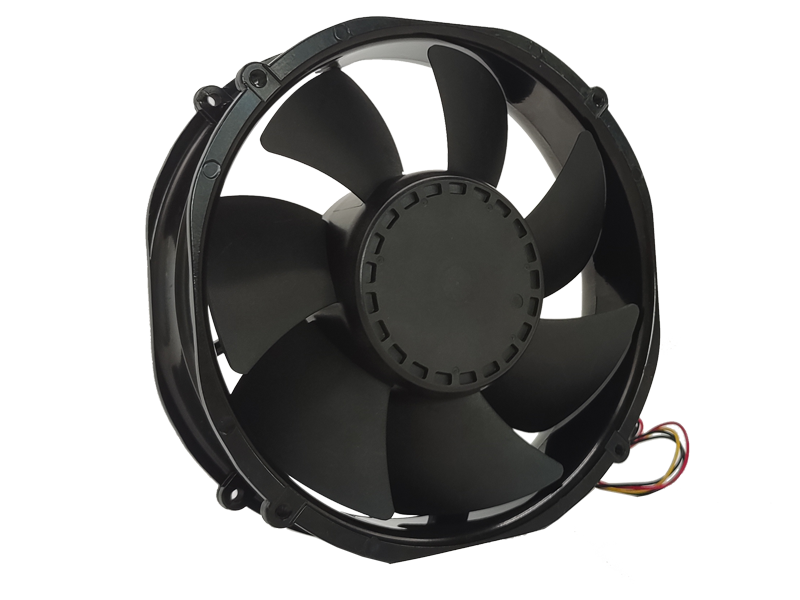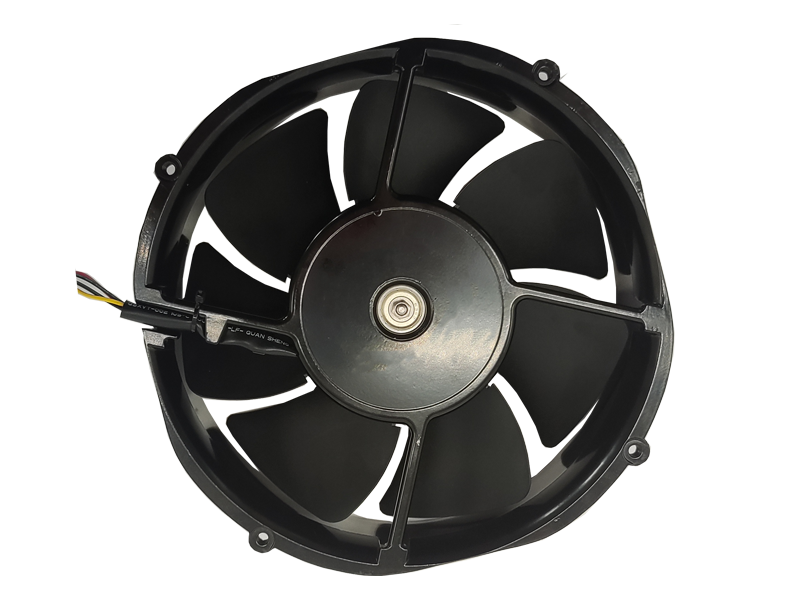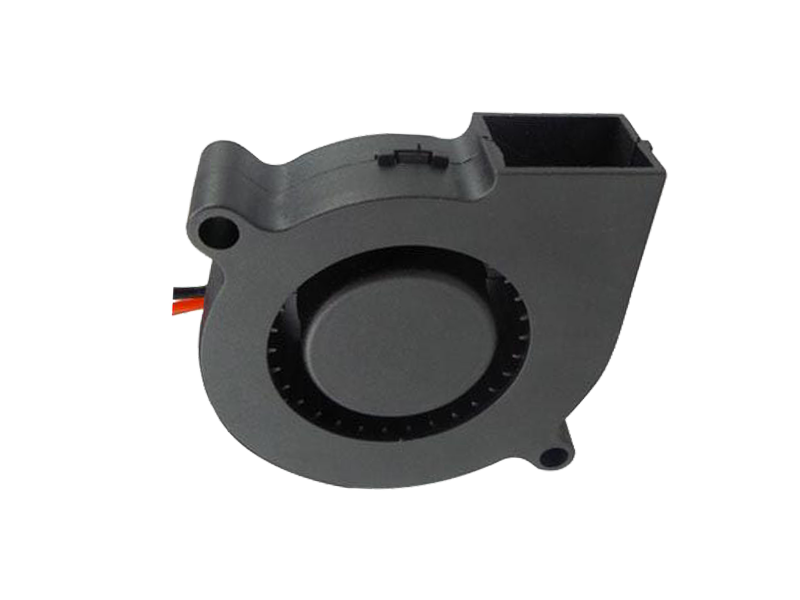In the world of industrial equipment, industrial fans play a crucial role, though they are often overlooked compared to the more glamorous machinery in factories and manufacturing plants. However, the importance of these fans cannot be overstated. Industrial fans are essential for maintaining optimal operational conditions, boosting energy efficiency, and ensuring the longevity of other machinery. From ventilation and cooling to exhaust and air circulation, industrial fans are integral to the smooth functioning of many industrial processes.
This article explores industrial fans from a product development perspective, focusing on their design, functionality, and impact on overall system performance.
1. The Role of Industrial Fans in Performance Optimization
Industrial fans are not just devices designed to move air. They are sophisticated systems engineered to optimize the performance of industrial processes by controlling temperature, humidity, and airflow. In high-performance environments such as factories, manufacturing plants, and power stations, maintaining ideal environmental conditions is crucial for ensuring that machinery operates at peak efficiency.
Temperature Regulation and Cooling
High-performance machinery, such as generators, motors, and heavy industrial equipment, generates a significant amount of heat during operation. Overheating can lead to machine failure, reduced efficiency, and increased wear and tear. Industrial fans, especially those designed for cooling, help mitigate this issue by maintaining a stable, lower temperature around critical components. This not only extends the life of the equipment but also ensures that it operates at optimal capacity.
For example, in metal manufacturing plants, where molten metals are poured into molds, maintaining a specific temperature and airflow is essential to prevent the cooling process from becoming inconsistent. Industrial fans are used to direct and regulate the air to maintain this delicate balance.
Air Circulation and Ventilation
Air circulation is essential for preventing stagnation in enclosed spaces. In many industries, such as pharmaceuticals and food production, maintaining proper ventilation is crucial for safety and product quality. Poor ventilation can lead to the buildup of harmful gases, particles, or vapors, which can result in toxic working conditions or the degradation of products. By ensuring that air is constantly circulated, industrial fans help mitigate these risks.
Additionally, in warehouses and factories, proper ventilation helps prevent the accumulation of dust or fumes from machinery, which could be hazardous to both workers and the equipment itself.
Exhaust and Pollutant Removal
Certain industrial processes, such as chemical manufacturing, welding, or painting, produce pollutants that can be harmful to both workers and the environment. Industrial fans, often paired with filtration systems, help remove harmful particulates and gases from the air, creating a safer working environment. Exhaust fans are often used to expel these pollutants to the outside atmosphere, preventing them from accumulating inside the facility and causing contamination.
2. The Design and Innovation of Industrial Fans
Industrial fans have evolved significantly over the years. From the basic fans of early industrial machines to today's highly engineered, efficient, and durable systems, the technology behind industrial fans has advanced tremendously. This innovation is driven by several factors, including the demand for energy efficiency, reduced noise levels, and the ability to handle a wider variety of environmental conditions.
Energy Efficiency
One of the primary considerations in industrial fan design is energy consumption. Industrial operations are energy-intensive, and reducing the energy cost of equipment can have a significant impact on overall operational costs. Modern industrial fans are designed with energy-efficient motors, aerodynamic blades, and variable-speed drives that help reduce power consumption while maintaining high airflow rates.
For instance, fans equipped with variable frequency drives (VFDs) can adjust their speed based on real-time conditions, ensuring that energy is only used when necessary. This capability allows businesses to optimize energy consumption, particularly in large-scale operations where energy costs can be a significant concern.
Noise Reduction
Noise levels in industrial environments can have adverse effects on both workers and the equipment itself. Prolonged exposure to high noise levels can lead to hearing loss for workers, and excessive noise can also cause vibrations and stresses that shorten the lifespan of machinery. As a result, manufacturers have focused on developing quieter fan systems. Modern industrial fans use technologies such as low-noise blade designs, vibration isolation, and advanced motor technology to minimize noise pollution.
Durability and Longevity
The harsh environments in which industrial fans operate require them to be incredibly durable. Industrial fans are often exposed to high temperatures, humidity, dust, and corrosive chemicals. As a result, they must be constructed from materials that can withstand these challenging conditions. Advanced coatings, corrosion-resistant metals, and robust motor designs are just some of the ways manufacturers ensure that industrial fans last for years without requiring significant maintenance or repairs.
Customizability and Adaptability
Industrial fans need to be adaptable to a wide range of applications. From ventilating a chemical plant to cooling machinery in a cement factory, the requirements for airflow, pressure, and cooling can vary greatly from one industrial application to another. Manufacturers offer a wide range of customization options, including different fan blade shapes, materials, and motor configurations, to meet the specific needs of each industry.
Additionally, newer fan systems are designed to be modular, allowing for easier upgrades or replacements of individual components, which enhances the overall flexibility and cost-effectiveness of these systems.
3. The Economic Impact of Industrial Fans
While the primary purpose of industrial fans is to enhance the performance and efficiency of industrial operations, their economic impact should not be underestimated. Efficient fans reduce energy consumption, minimize downtime due to overheating, and improve worker safety, all of which contribute to a business's bottom line.
Cost Savings through Efficiency

Energy-efficient industrial fans can significantly reduce operating costs. In large industrial settings, fan systems that are optimized for energy efficiency can result in substantial savings in electricity costs. In addition to energy savings, the improved cooling and ventilation provided by these fans can extend the lifespan of other equipment, reducing the need for costly repairs or replacements.
Reduced Maintenance and Downtime
Industrial fans designed for durability and reliability can help minimize maintenance costs. With fewer breakdowns and less frequent maintenance requirements, businesses can save on both direct repair costs and the indirect costs associated with downtime. Efficient cooling can also reduce the frequency of breakdowns in critical machinery, further contributing to the smooth operation of the facility.
Improved Productivity and Safety
The impact of industrial fans on worker safety and productivity is significant. By maintaining a consistent temperature and ensuring proper ventilation, industrial fans create a safer and more comfortable working environment. This not only helps to comply with regulatory standards but also boosts employee morale and productivity, ultimately leading to higher output and better profitability.
Conclusion
Industrial fans are far more than just simple tools for air circulation. As an essential part of any industrial operation, they contribute significantly to the efficiency, safety, and longevity of equipment. With innovations in energy efficiency, noise reduction, and customization, modern industrial fans are vital components that ensure optimal performance in a wide range of industrial settings. By improving cooling, ventilation, and exhaust systems, industrial fans help maintain a conducive environment for high-performance operations, resulting in significant economic and operational benefits for businesses.
Recommended Products

The main purpose:Car charging station

The main purpose:Car charging station

The main purpose:Electronic refrigerators, water dispensers, direct drinking machines, inverter power supplies
Address:No. 4137, Longgang Avenue (Henggang Section), Henggang Community, Henggang Street, Longgang District, Shenzhen
hotline:13530005572(Chen)15112579390(Li)


Welcome all friends to come for consultation and negotiation.
Copyright 2024 @ Shenzhen Youneng Xinyuan Electronics Co., Ltd.,(industrial fans,industrial blowers,axial fans,cooling fans manufacturer,centrifugal fans,ac cooling fans,dc cooling fans)